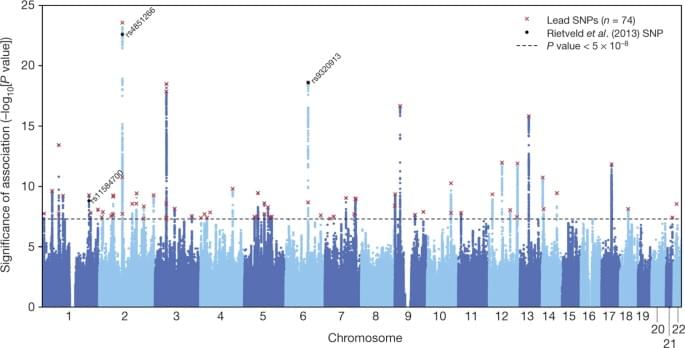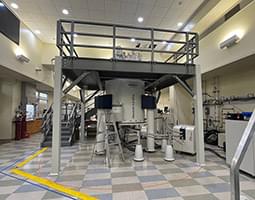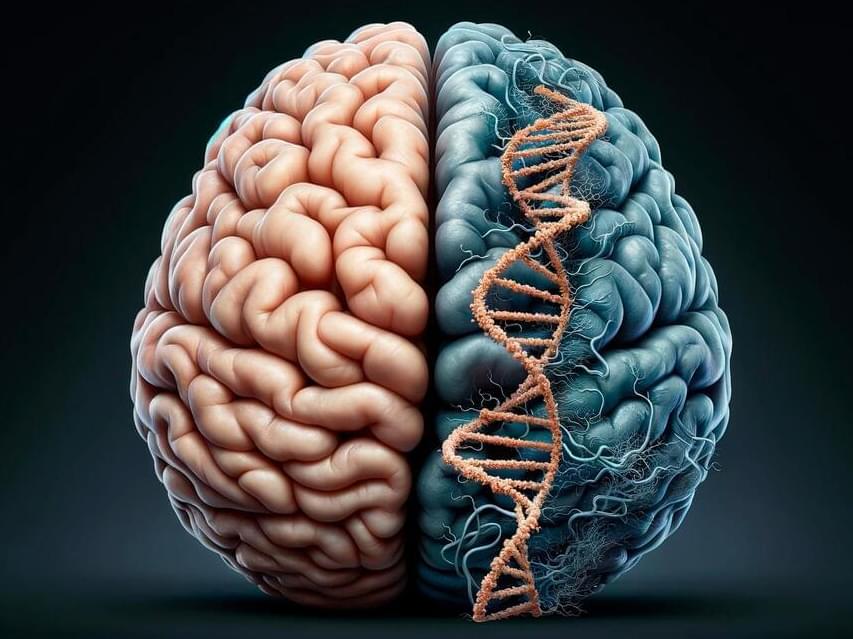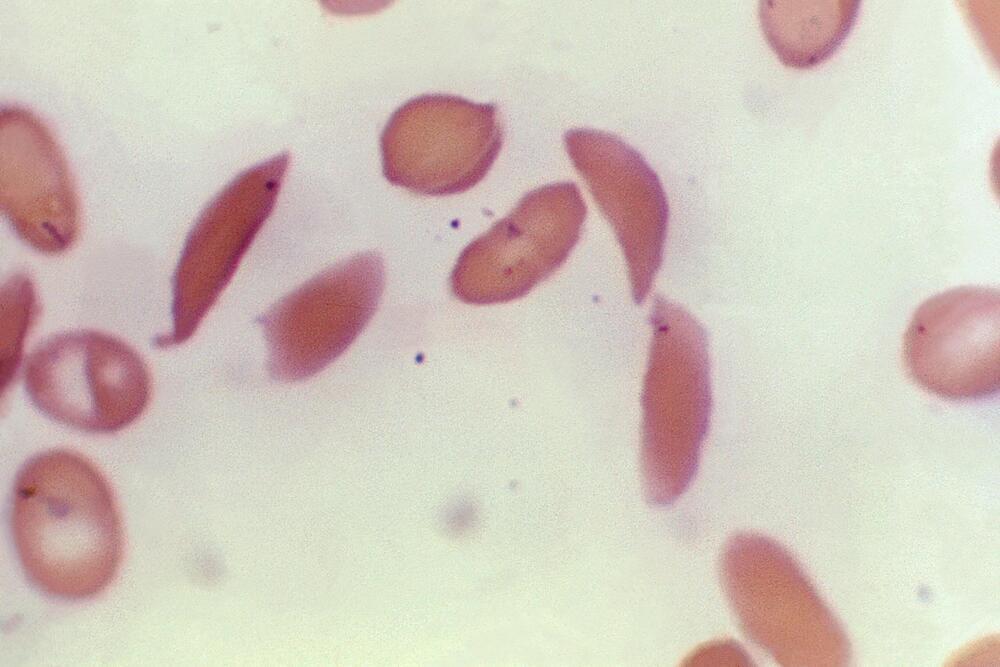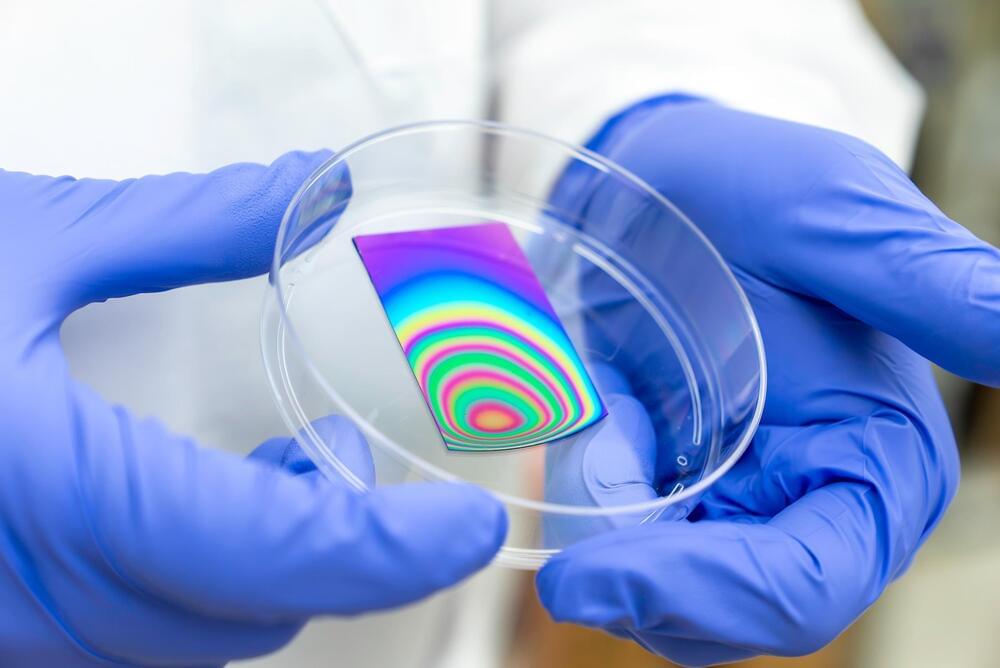
Rice University materials scientists developed a fast, low-cost, scalable method to make covalent organic frameworks (COFs). Credit: Photo by Gustavo Raskosky/Rice University.
Materials scientists at Rice University have created an efficient, affordable, and scalable technique for producing covalent organic frameworks (COFs). These crystalline polymers are notable for their adjustable molecular structure, extensive surface area, and porosity, making them potentially valuable in areas like energy applications, semiconductor devices, sensors, filtration systems, and drug delivery.
“What makes these structures so special is that they are polymers but they arrange themselves in an ordered, repeating structure that makes it a crystal,” said Jeremy Daum, a Rice doctoral student and lead author of a study published in ACS Nano. “These structures look a bit like chicken wire ⎯ they’re hexagonal lattices that repeat themselves on a two-dimensional plane, and then they stack on top of themselves, and that’s how you get a layered 2D material.”
